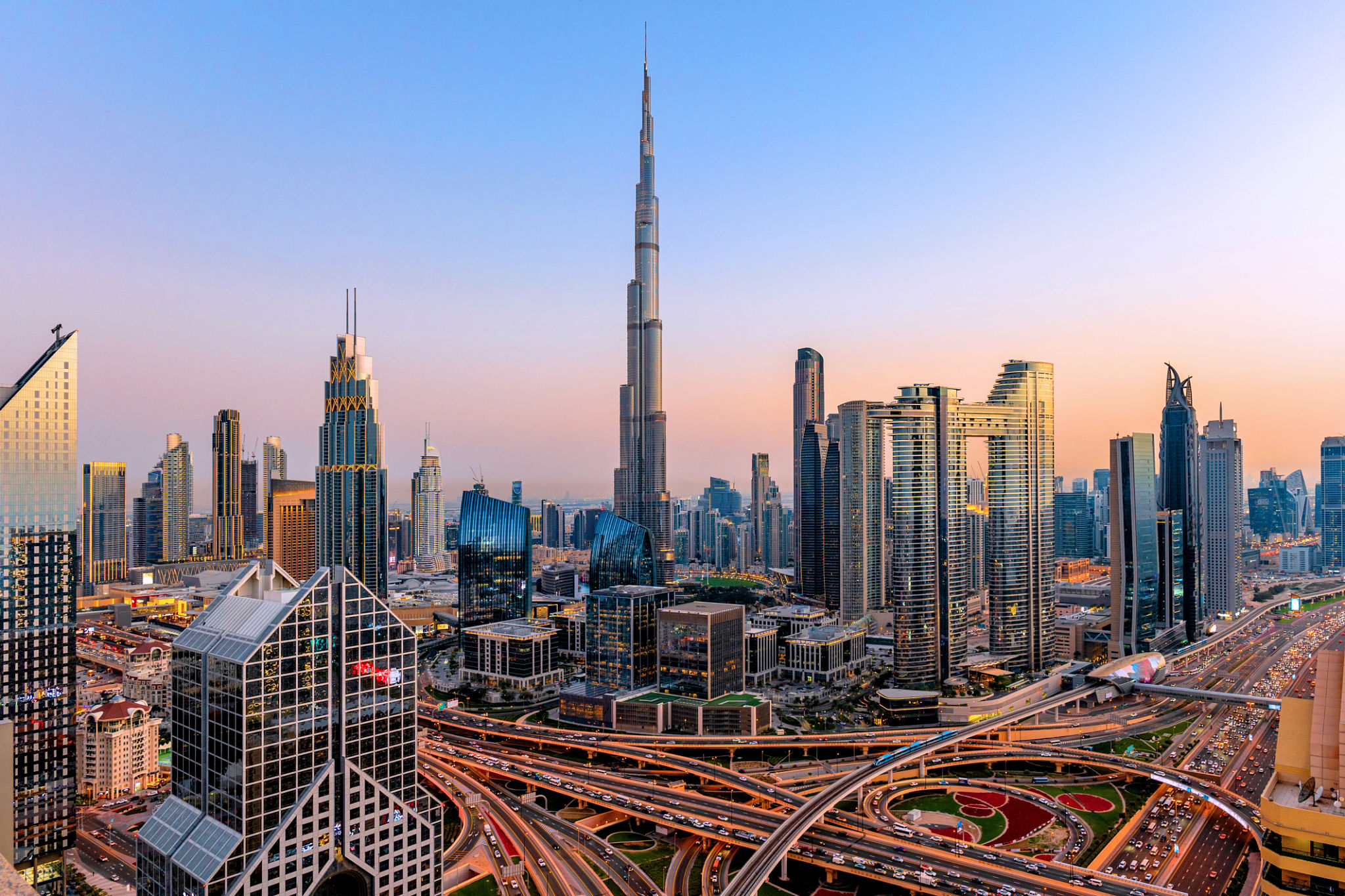Investment Property in Dubai: What You Should Consider Before Buying
Understanding the Dubai Real Estate Market
Dubai has become a global hub for real estate investment, attracting buyers from around the world. Known for its luxurious properties and innovative architectural designs, the city offers countless opportunities for investors. However, before diving into the market, it's crucial to understand its dynamics. The market is influenced by various factors, including economic conditions, government policies, and global trends, all of which can impact property values and returns.
When investing in Dubai's real estate, it's essential to stay informed about current market trends and price fluctuations. This will help ensure that you make a sound investment that aligns with your financial goals.

Location, Location, Location
The location of a property is a paramount consideration in any real estate investment, and Dubai is no exception. Areas like Downtown Dubai, Dubai Marina, and Palm Jumeirah are highly sought after due to their prime locations and excellent amenities. These areas often command higher rental yields and capital appreciation.
However, emerging areas like Jumeirah Village Circle and Dubai South offer more affordable options and are rapidly developing. When choosing a location, consider factors such as proximity to public transport, schools, shopping centers, and other essential services.

Legal Framework and Regulations
Investing in Dubai's property market requires an understanding of the local legal framework. The Dubai Land Department (DLD) regulates the sector, ensuring transparency and fairness in transactions. It's important to familiarize yourself with laws related to property ownership, especially if you are a foreign investor.
Engage with a reputable real estate agent or legal advisor to navigate these regulations smoothly. This will help you avoid potential pitfalls and ensure a seamless purchase process.
Financing Options
Understanding financing options is crucial when purchasing investment properties in Dubai. Many banks and financial institutions offer mortgage services to both residents and non-residents. However, the terms and conditions can vary significantly.
It's advisable to compare different mortgage products to find the one that suits your financial situation. Assess factors such as interest rates, loan-to-value ratios, and repayment terms to make an informed decision.

Rental Yields and Capital Appreciation
When investing in property, one of the primary goals is to generate income through rental yields or benefit from capital appreciation over time. In Dubai, rental yields can vary depending on the location and type of property. Generally, apartments tend to offer higher yields compared to villas.
Research historical data on rental trends in your chosen area to estimate potential returns. This information will guide you in selecting properties that offer the best balance between risk and reward.
Maintenance and Management
Owning an investment property involves ongoing maintenance and management responsibilities. Hiring a professional property management company can ease this burden by handling day-to-day operations such as tenant relations, repairs, and rent collection.
Ensure that you factor in management fees when calculating overall costs and returns on your investment. A well-maintained property not only attracts quality tenants but also enhances its long-term value.

Exit Strategy
Finally, have a clear exit strategy for your investment property. Whether you plan to sell the property after realizing capital gains or hold onto it for long-term rental income, having a clear plan will help you achieve your financial objectives.
Keep an eye on market conditions that might influence your decision to sell or hold. Engage with real estate experts who can provide insights into market trends and advise on the best time to execute your exit strategy.
